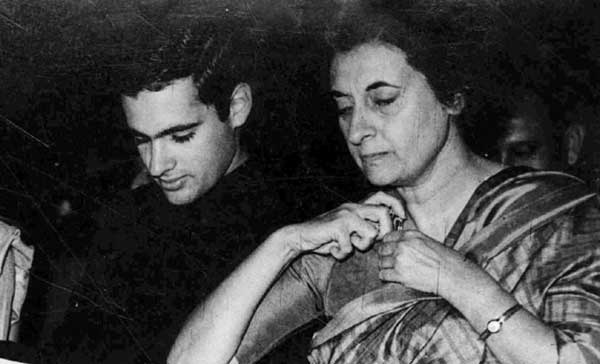
The only silver lining of emergency was the change in work culture of government employees. The fear of punishment, with no redressal mechanism available against govt action during emergency, forced govt employees to be punctual and responsive, hitherto missing in pre-emergency era. Trains and flights were running on time while babus were found in offices during work hours. For common middle class, emergency was not that bad except for the coercive sterilization drive.
While Indira Gandhi did not miss any opportunity of defending emergency, she was worried over the negative image of her government that the western media was continuously projecting. In the western part of the world, she came under severe criticism for imposing emergency. Within India, Sanjay Gandhi's reckless sterilization drive had annoyed a large chunk of society that was feeling offended and insulted.
The intelligence agencies gave a favourable feedback to Indira Gandhi citing people's happiness over conspicuous behavioural change in government employees. The agaencies assured Indira that she would be re-elected with comfortable majority. Indira Gandhi was also tired of her criticism in western world for imposing emergency. She also had this feeling that she had achieved her objective of nailing down her opponents who were vociferous in their opposition to her government. She had also shown JP his place who she had accused of inciting army against her govt.
Under these circumstances, a confident Indira Gandhi announced on January 18, 1977, that Parliament will be dissolved and fresh elections will be held. The announcement came as bolt from the blue for everybody including Sanjay Gandhi who was not consulted this time, nor even informed beforehand.



















